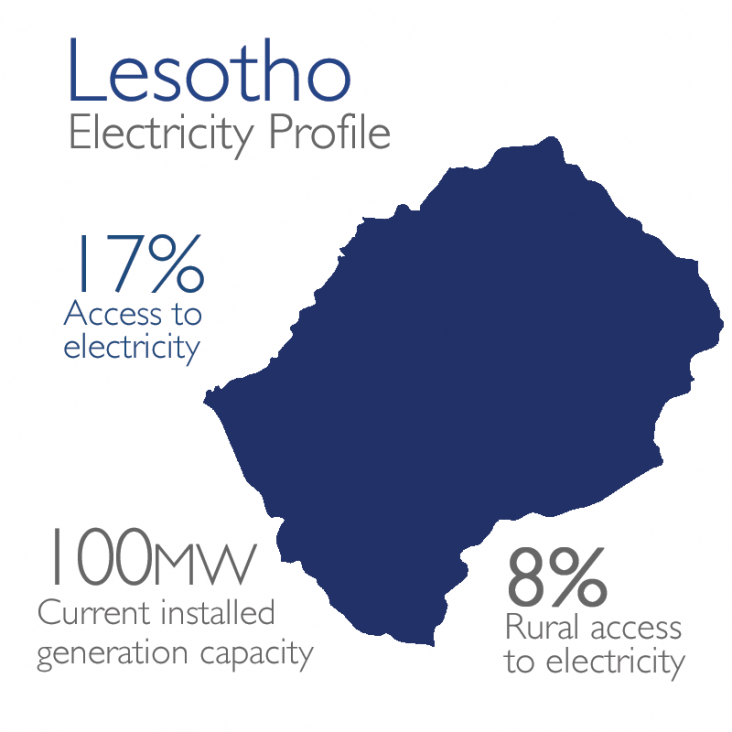- Where We Work
- Interactive Map
- Afghanistan and Pakistan
- Africa
- African Union
- Power Africa
- About Us
- How We Work
- Partners
- News & Information
- Power Africa Toolbox
- Where We Work
- Angola
- Benin
- Botswana
- Burkina Faso
- Burundi
- Cameroon
- Chad
- Côte d`Ivoire
- Democratic Republic of the Congo
- Djibouti
- Eritrea
- Ethiopia
- Gabon
- Gambia
- Ghana
- Guinea
- Guinea Bissau
- Kenya
- Lesotho
- Liberia
- Madagascar
- Malawi
- Mali
- Mauritania
- Mozambique
- Namibia
- Niger
- Nigeria
- Republic of Congo
- Rwanda
- Senegal
- Sierra Leone
- South Africa
- South Sudan
- Swaziland
- Tanzania
- Togo
- Uganda
- Zambia
- Trade and Investment Engagement
- Angola
- Benin
- Botswana
- Burkina Faso
- Burundi
- Cameroon
- Central Africa Regional
- Central African Republic
- Chad
- Côte d'Ivoire
- Democratic Republic of the Congo
- Djibouti
- East Africa Regional
- Ethiopia
- Ghana
- Guinea
- Kenya
- Lesotho
- Liberia
- Madagascar
- Malawi
- Mali
- Mauritania
- Mozambique
- Namibia
- Niger
- Nigeria
- Republic of the Congo
- Rwanda
- Sahel Regional
- Senegal
- Sierra Leone
- Somalia
- South Africa
- South Sudan
- Southern Africa Regional
- Sudan
- Swaziland
- Tanzania
- Uganda
- West Africa Regional
- Zambia
- Zimbabwe
- Asia
- Europe and Eurasia
- Latin America and the Caribbean
- Middle East
- Mission Directory
Lesotho
POWER AFRICA FACT SHEET

Electricity in Lesotho is supplied by Muela’s hydroelectric power station (72 MW), with some small hydro projects also providing generation capacity. However, peak demand has reached up to 140 MW in the past, forcing Lesotho to meet the deficit with more expensive imports from Mozambique and South Africa. Based on 2013 data, Lesotho’s national electrification rate reached 17%, (8% in rural areas, 43% in urban areas).
Sources:
- SE4LL, Rapid Assessment and Gap Analysis for Lesotho
- Climate Investment Funds, Lesotho Country Plans
- Lesotho Energy And Water Authority
- Dynamics Of Electricity Demand In Lesotho: A Kalman Filter Approach, National University Of Lesotho
- IEA, World Energy Outlook 2015







Comment
Make a general inquiry or suggest an improvement.